Could Bristol get its first Green MP? Inside the battle for Bristol Central
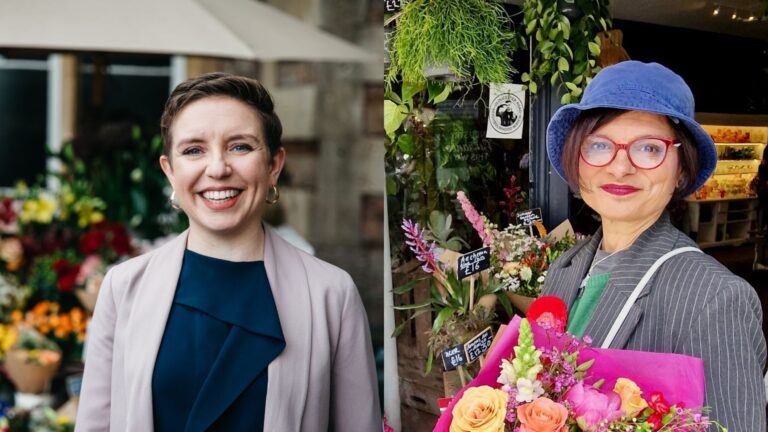
“I was a bit nervous for the BBC one, and then got into my stride last night and really enjoyed ITV – and I’m now looking forward to Channel 4.”
Green Party co-leader Carla Denyer, who we interview in a café by Temple Meads station, is fresh off the train back to Bristol after appearing on ITV’s debate with politicians from six other parties. Sandwiched between Nigel Farage and Penny Mordant shouting “higher taxes, higher taxes”, Denyer said she tried to get her points across clearly, but politely: “I don’t think voters appreciate it when politicians yell over the top of each other.”
Besides leading the national party, Denyer is vying to become Bristol’s first Green MP – and the country’s second-ever. She is running in Bristol Central, a new constituency formed from what used to be Bristol West, where Thangam Debbonaire has been the Labour MP for nine years.
Bristol Central includes leafy, affluent areas like Clifton, Redland and Bishopston, plus the city centre, Hotwells and St Paul’s. It has a young population with lots of students and private renters, and is one of the country’s most pro-EU places.
Debbonaire won whopping majorities under Jeremy Corbyn’s leadership, in 2017 and 2019 – when the Greens came a distant second, 28,000 votes adrift. Now though, the party has a realistic chance of taking the seat off Labour – and national journalists are circling.
After taking control of the Bristol City Council for the first time in May, the Greens want to capitalise on Labour’s rightward shift under Keir Starmer. Not only is there disillusionment from people on the left of the party, predictions of a Labour government with a large majority are giving other voters a greater sense of freedom to vote with their hearts.
As a result, the race looks certain to be close, with two seat projections based on polling predicting a Green gain, while one says it will be a Labour hold. But what are the crucial issues in voters’ minds? And how are each of the parties’ campaigns going, less than three weeks from election day? The Cable set out to find out.
‘We’ll persuade Labour to be bolder’
Denyer, who has been a councillor for Clifton Down since 2015 and party co-leader since 2021, has seen her profile soar recently. As well as appearing on TV debates, the former renewable energy engineer has won celebrity backing from Owen Jones, Massive Attack – and even Hugh Grant.
She speaks to the Cable between filming a campaign video and jumping in a cab to her next appointment. Asked about doorstep issues, she says the top one is housing.
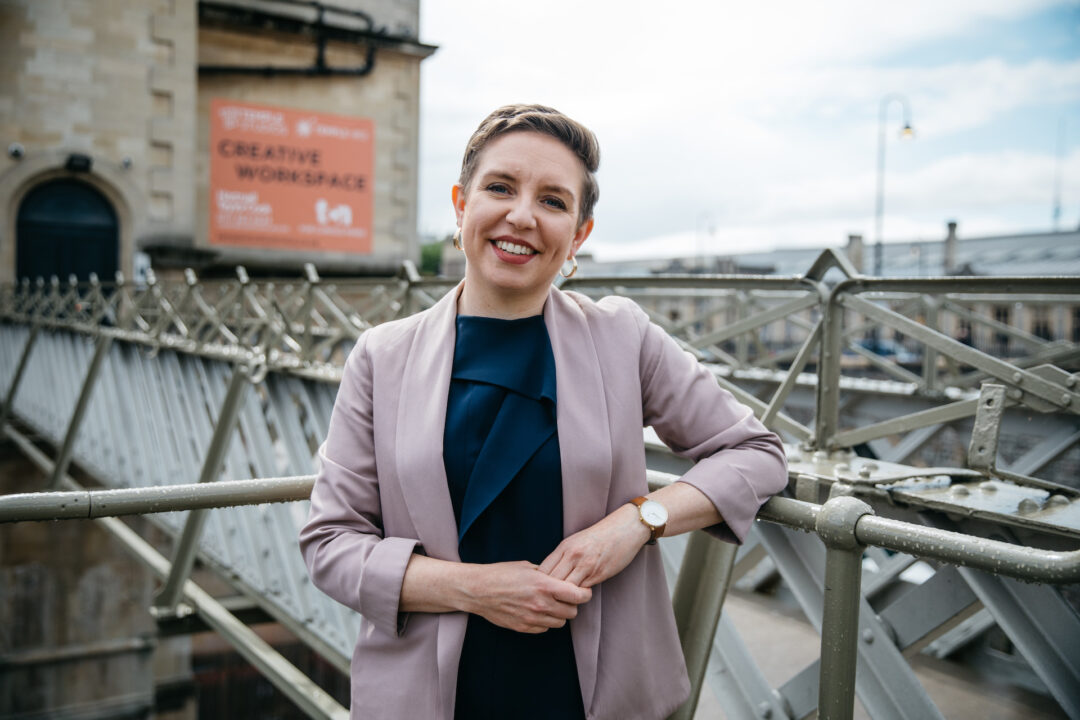
“There’s obviously a crisis locally and nationally – it’s especially a priority for younger people. In Bristol Central, I think 47% of residents are private renters, one of the highest proportions in the country.”
Housing has been elbowed out of a national debate dominated by taxation, the economy, funding for the NHS and immigration. But it has long been a focus for the Greens, who would make it easier for councils to build and purchase homes, and bring in controls to tackle spiralling rents.
Notably the Green co-leader’s ITV debate largely ignored green issues. While calling this omission “frustrating” – it has led her party to lobby the media to host climate-focused debates – Denyer says it means she has been able to present ideas for taxing the rich to better fund public services.
“Climate justice and social justice are two sides of the same coin,” she says, stressing the importance of a just transition to net zero.
She acknowledges the Greens’ benefit from Labour’s move to the centre under Starmer, but insists they’ve always had the policies to attract voters on the left. “They know they can trust us not to blow this way or that with the wind, as Labour does when you get a different Labour leader – and the entire manifesto changes,” she says.
Asked about her opponent, Denyer calls Debbonaire “a very hardworking constituency MP”.
“I can understand why she’s been elected,” she says. “There are some areas I agree with her on, but she is much closer to the centre on a lot of issues.” She claims voters on the doorstep “agree with me more than her” and say they might have voted Labour last time because of the leadership, but that this time that factor has gone.
Denyer cites frustrations with Labour on Gaza, its watered-down £28bn climate commitment, and its offer for workers rights, as potential vote-changers in Bristol Central. The conflict in Gaza has been a key attack line for the Greens, who spent nearly £30,000 on Facebook and Instagram ads alone in the month before spending rules came into force.
A more traditional bit of election comms, a letter from ‘neighbours’ criticising Bristol’s Labour MPs for not voting for a ceasefire late last year, praised the Greens’ “brave and principled stance”. The only mention that this is a party leaflet, rather than an actual letter from neighbours, is in the small print.
“Our intention isn’t to mislead, but to catch people’s eye with different designs,” Denyer claims. “We’re not trying to deceive people, as soon as you start to read you realise.”
On what impact she could have as a potentially lone Green voice in Parliament, she points to the soft power and impact Caroline Lucas has had over the last 14 years. “We’ll be trying to move the Overton window and persuading Labour to be bolder and braver,” she says.
Corbynistas go Green
At the 2019 election, Debbonaire was re-elected in Bristol West with 62% of the vote to Denyer’s 25%, even as Corbyn led Labour to a crushing defeat. Bristol was a Corbynite stronghold from 2015 to 2019, boasting the UK’s largest constituency Labour party in Bristol West and one of the largest Momentum branches.
But now, some former Corbynistas – including people from outside Bristol Central – are helping power Denyer’s campaign. When I go canvassing with about 15 keen Green Party volunteers, who collect clipboards from Waitrose bags on a drizzly evening in leafy Redland, they have come from as far as Stroud and Warwick.
Rebecca, 25, voted for Corbyn in 2017 and 2019 but got involved in the Green Party after becoming disillusioned with Labour under Starmer.
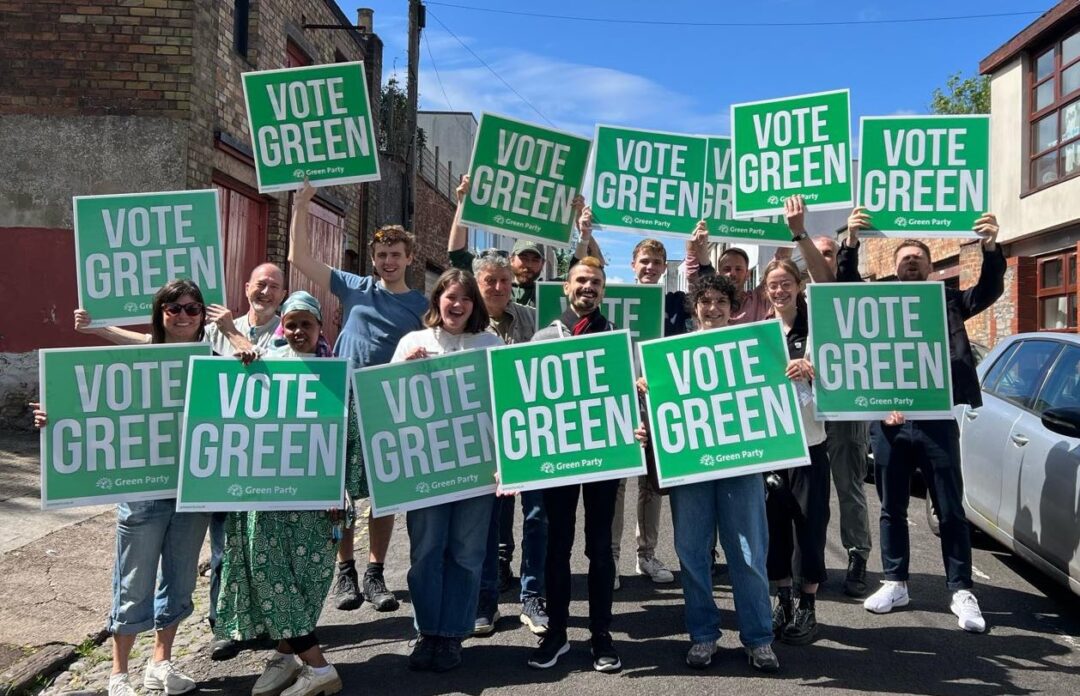
“I felt like Labour was sliding to the right, and their refusal to take a stand on Gaza was the final straw for me,” she tells me. “Our four Labour MPs abstained – they should represent their constituents, not follow orders from above.”
She says while out canvassing for the Greens, she’s spoken to lots of lapsed Labour voters. “After feeling so dissatisfied with politics, I feel lucky to be involved in a campaign like this,” she says.
And it’s not just ex-Labour voters who are going Green, but even former party members, councillors and parliamentary candidates.
Anna, a lifelong Labour supporter who joined the party aged 16 in 2015, was initially close with Debbonaire and drawn in by the MP’s promises on “Palestine, trans rights, austerity, and immigration”. But as she engaged more in socialist organising and democratising Labour, the MP became distant.
Anna believes the Bristol Greens are more democratic and member-led than Bristol Labour ever was. For Anna, “Palestine is a central issue,” and she feels Debbonaire fails to acknowledge the genocide taking place.
Another ex-Labour member, a former councillor and parliamentary candidate, joined in 2014 to combat austerity. He left due to Labour’s stance on the two-child benefit cap and “appeasing genocide”. His partisan aversion towards campaigning for the Greens was broken by “watching Faiza Shaheen on Newsnight recounting her anti-democratic deselection”.
“People on the left cannot exercise power within the party,” he says. “So we have to exercise power outside of it, and that means Labour losing all the votes on the left it is taking for granted.”
Some Bristol Green councillors preceded this shift. James Crawford, elected in a 2023 by-election, was a Labour member during the Corbyn years, having joined in 2015. He supported Labour’s “positive, hopeful vision” but left due to Starmer’s perceived disinterest in fighting for working people, creating a party “more interested in breaking down left-wing voices” and fostering a culture of “backstabbing and plotting.”
‘Thangam is very respected’
Thangam Debbonaire was first elected in 2015, and since Starmer became Labour leader, she has had a series of prominent roles in the shadow cabinet, including shadow housing secretary and shadow leader of the House of Commons.
Going into the election, she is the shadow secretary for culture, media and sport. So if she can hold onto Bristol Central, she’s likely to be on the front bench of a new Labour government.
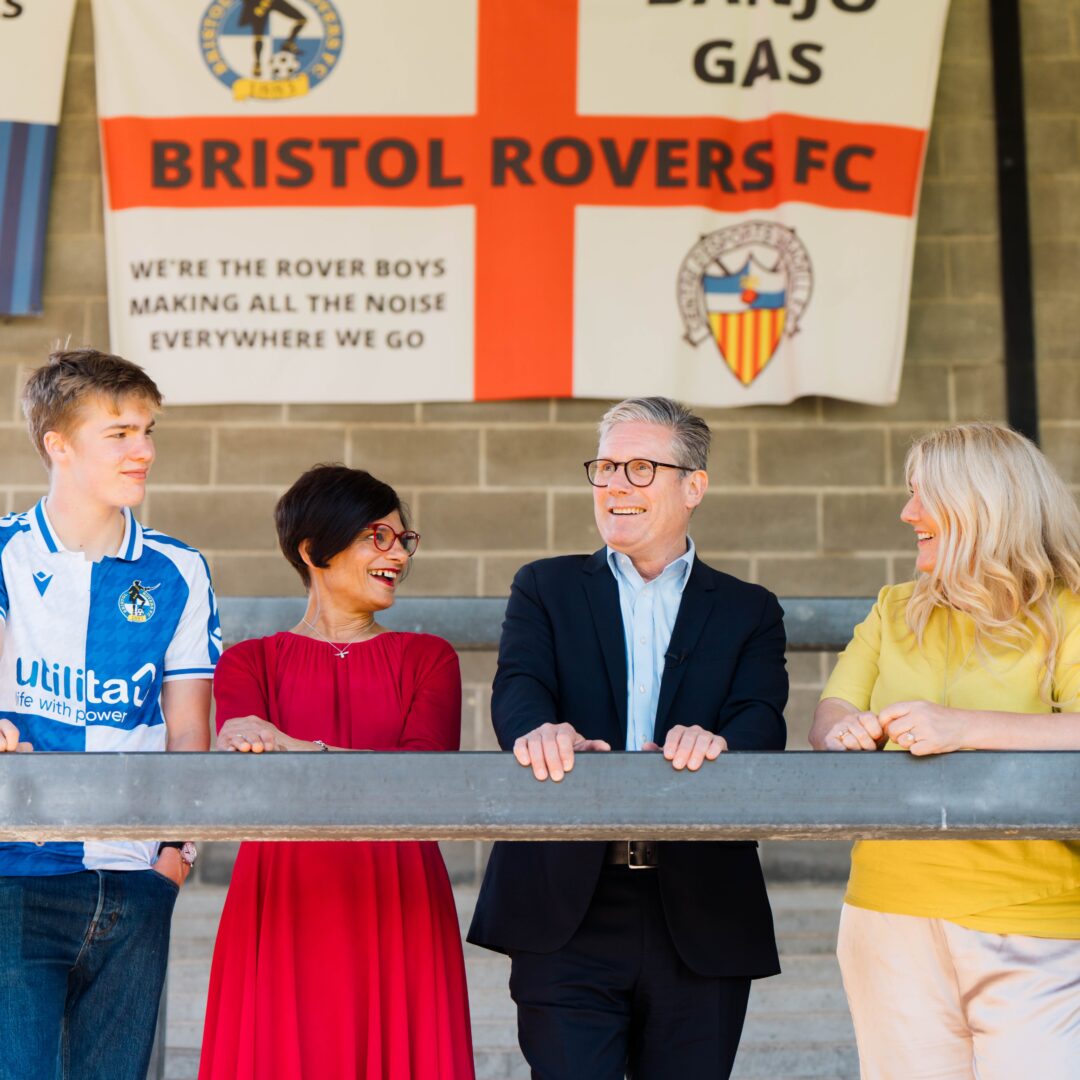
Debbonaire’s campaign team, which this week entertained Keir Starmer in Bristol, said she was too busy to speak to the Cable. Instead provided a statement highlighting her role in “working to ensure Bristol remains a welcoming place for refugees, fighting for residents affected by the cladding scandal, campaigning for more dentists for our community, including successfully in St Paul’s, and protecting local bus routes”.
On Debbonaire’s work in Parliament, it pointed to her chairing the cross-party group for refugees, fighting for “bold action to tackle the climate emergency”, voting against the Tories’ Rwanda deportation scheme, pushing for closer ties with the EU, and tabling a motion calling for “an immediate ceasefire in Gaza, a surge of aid into Gaza and a two-state solution”.
But Matt Redmore, a Labour member who recently ran for the party in the local elections, gave an insight into how the campaign to hold Bristol Central has been going.
Based on doorknocking most evenings and weekends, he says: “Thangam is very respected, a lot of people say she’s worked really hard for the seat [or] helped them with something… I think people appreciate that.”
Redmore adds that many people are “still considering their vote” and wanting to get into the detail of the parties’ manifestos.
“People want to know what Labour will do on the environment, so we talk about our Green prosperity plan, which I’m excited about,” he says. “Some people raise Gaza, and the cost of living crisis – those are the three main things that come up on the doors.”
On Gaza, he says there has been “disappointment” with Labour’s past positioning. “But I think some of the other parties’ tactics are really quite distasteful,” he adds. He is referring to the Green leaflet, which he says misrepresents Labour’s position and oversimplifies a complicated situation.
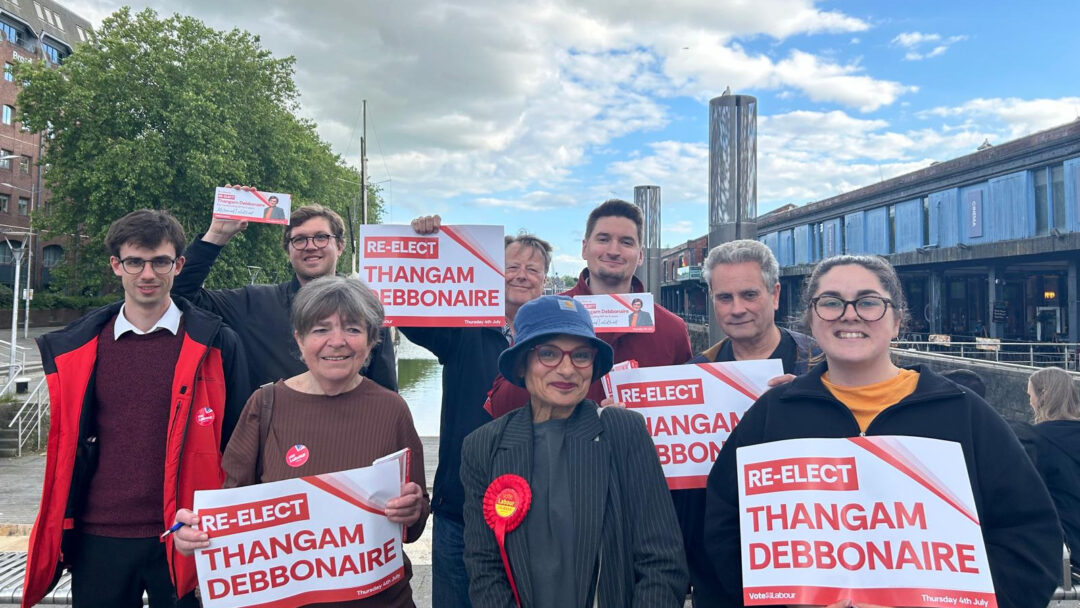
Redmore is adamant Debbonaire isn’t hiding from the limelight, despite her mostly avoiding local media interviews or hustings. “She is front and centre of this campaign – we’re doing four doorknocking sessions a day and Thangam is at nearly every one of them,” he says.” She is desperate to get out there and speak to voters and fight for every vote. She is not hiding away.”
He says there are no illusions about the closeness of the race, and describes the Labour mood as “determined” and “really reassured by the response we get on the doorstep”.
‘Everyone wants the Tories gone’
With so much focus on the Labour-Green battle, it’s easy to forget that other parties are running in Bristol Central too.
Not so long ago, the Liberal Democrats held Bristol West before their role in the 2010-15 coalition government decimated their support. The party’s candidate Nicholas Coombes, who spoke to us while on holiday, said the legacy of tuition fees was finally fading and that the party’s policy of rejoining the single market, which would enable people to study and work more easily in Europe, was going down well with younger voters.
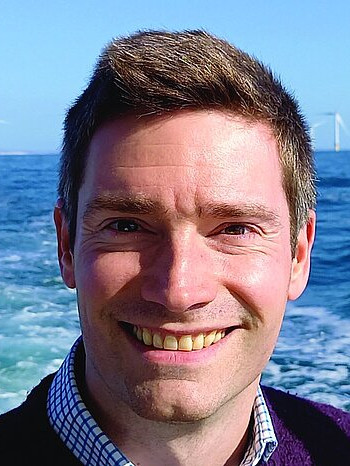
“People do seem to have moved on,” he says. “Everyone wants the Conservatives gone, that’s the most important thing in people’s minds.”
Coombes adds that it’s “good Labour are coming back to the centre ground”, but says the party “still has authoritarian tendencies we wouldn’t agree with”.
“They are instinctively performative and aggressive on immigration, on crime – and of course nowhere near us on political reform,” he says. “You can believe a Starmer government wouldn’t be a car crash – but it wouldn’t be everything I would be looking for.”
On whether he’d rather Debbonaire or Denyer win, he says there’s nothing between them.
The Conservative candidate is Samuel Williams, who previously ran for Bristol Mayor, but his party hasn’t come anywhere near winning in Bristol West since 1997. Meanwhile Reform UK’s candidate is Robert Clarke, who has an uphill battle in an unapologetically pro-EU and pro-immigration constituency. Anti-trans activist Kellie-Jay Keen has also announced she is running, for the Party of Women.
Come 4 July though, all of them are likely to be bystanders. All eyes will be on whether the expected voter surge will be enough to carry Bristol Central into the arms of the Greens.
Additional reporting by Isaac Kneebone-Hopkins
Independent. Investigative. Indispensable.
Investigative journalism strengthens democracy – it’s a necessity, not a luxury.
The Cable is Bristol’s independent, investigative newsroom. Owned and steered by more than 2,600 members, we produce award-winning journalism that digs deep into what’s happening in Bristol.
We are on a mission to become sustainable, and to do that we need more members. Will you help us get there?
Join the Cable today



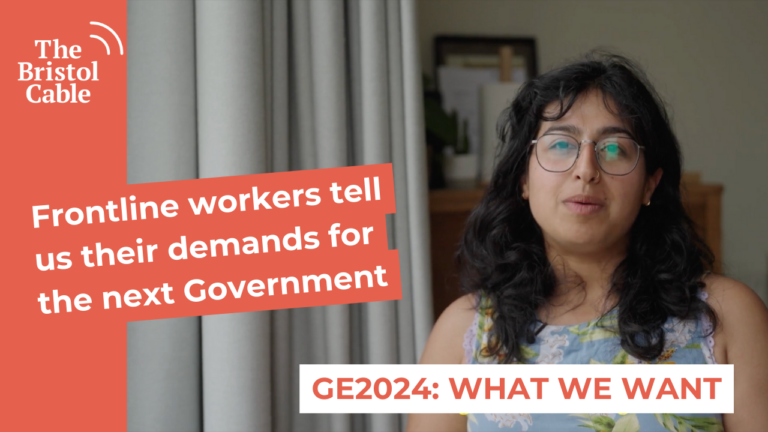
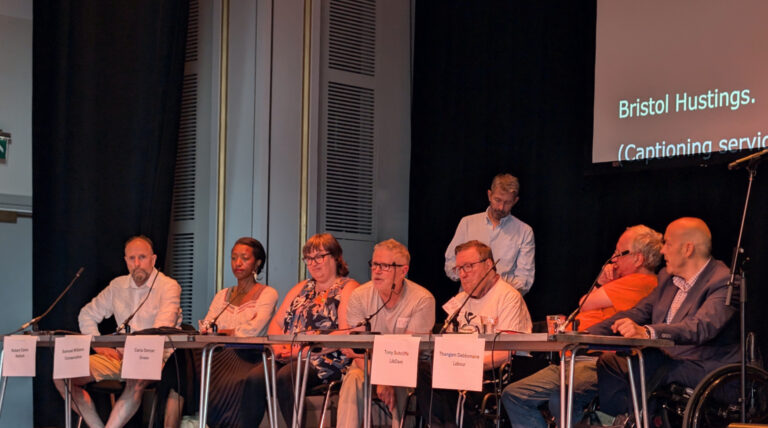

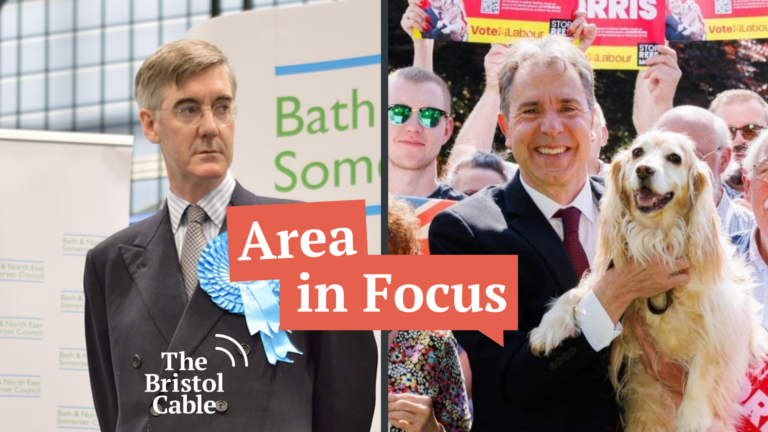






Report a comment. Comments are moderated according to our Comment Policy.
FOUR REASONS NOT TO VOTE GREEN:-
1. They want to Break Up Britain, which would be bad for environmental protection, economic policy, health collaboration and security co-operation.
2. They have authoritarian tendencies.
3. They failed to support Long-Leaseholders in their Manifesto.
4. Their environmental record has often been poor when they control Councils – in Brighton and Hove, they had a bad recycling record, opposed park and ride schemes and wasted £40MILLION on a loss making scheme that wasn’t even environmentally friendly!